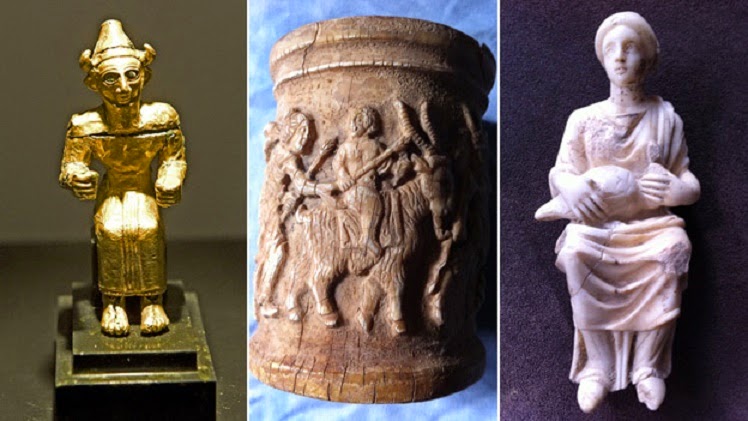Merry Wanderer of the Night [Search results for profit]
About the mortgage and a loan

Montaigne Readalong: Week Five

Italy: Italy looks for help with heritage management

Help Me Support Books for Soldiers!

Review & Blog Tour: Summer House by Nancy Thayer

About Me

Near East: The men who smuggle the loot that funds IS

